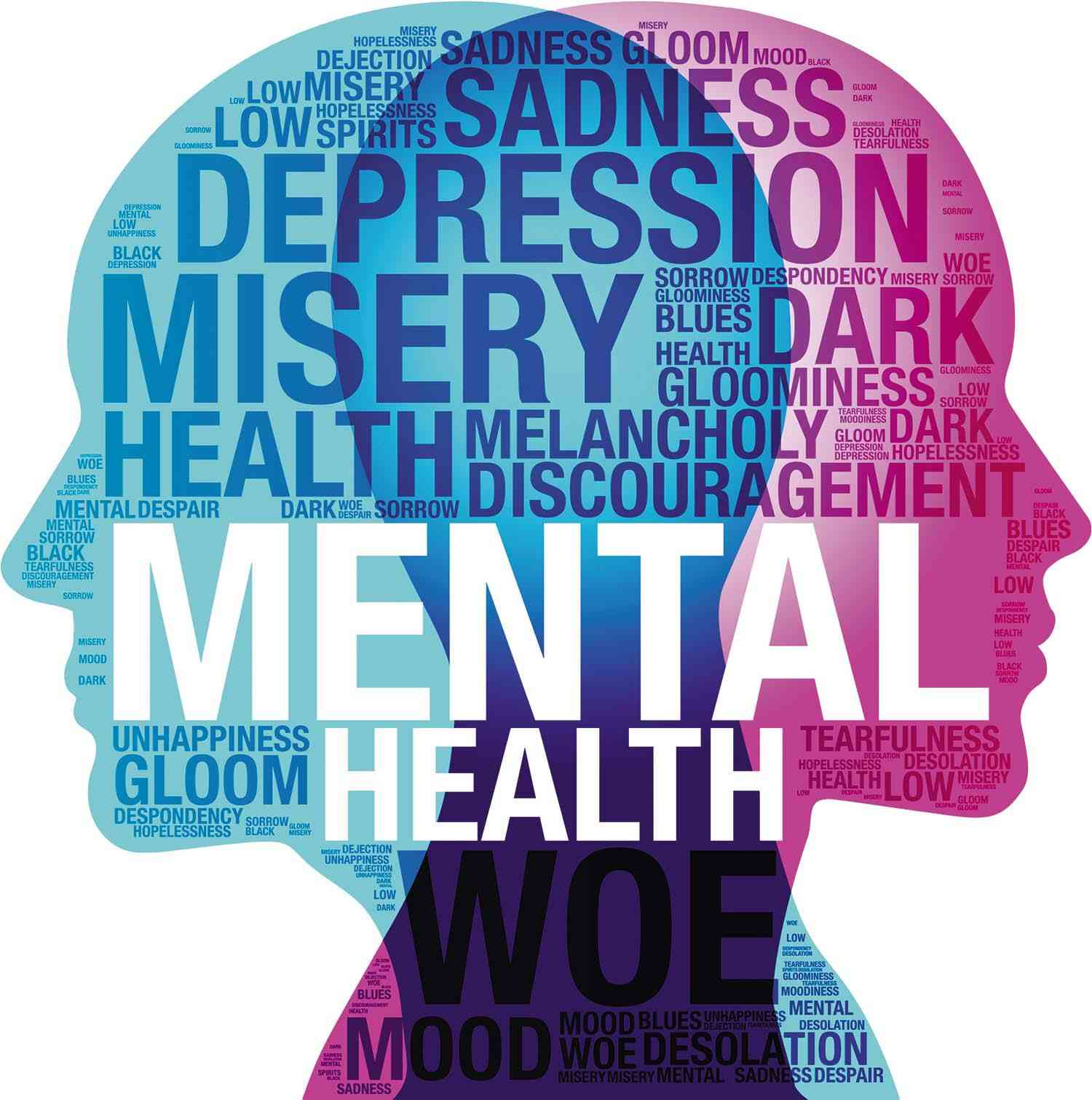
AS young people navigate the journey from adolescence to adulthood, they face a myriad of significant life changes that can profoundly impact their mental health and wellbeing.
From starting at new school or job to moving out and live on their own, these pivotal moments bring both excitement and trepidation.
It is critical that we, as a society, prioritise providing the necessary support and resources to help youth to successfully manage this transition.
Transitioning to high school or college
The move from middle school to high school or from high school to college is a crucial milestone that can be both thrilling and stressful for young people.
Leaving the familiar surroundings of their childhood school and social circles, they must adapt to new academic demands, extracurricular activities, and peer dynamics.
This period is marked by heightened anxiety, depression, and a feeling of isolation as students navigate the complexities of a new environment.
To support youth during this transition, schools should implement comprehensive mental health programmes that include peer support groups, counselling services and wellness workshops.
- Mental health must be a priority at our workplaces
- ‘Binga not fully marketed’
- Mental Health: End of year reflections for mental wellbeing
- Mental Health: Authenticity…. a key to mental wellbeing
Keep Reading
Educators must also be trained to identify signs of struggling in students and connect them with the appropriate resources.
Furthermore, colleges should provide easily accessible mental health services, with a focus on facilitating a smooth adjustment to campus life.
Entering the workforce
For many young adults, the transition from education to the workforce can be equally daunting.
The pressure to secure a fulfilling career, establish financial independence and maintain a healthy work-life balance can quickly become overwhelming.
This period is often characterised by feelings of anxiety, impostor syndrome, and burnout.
Employers must take an active role in supporting the mental health of their young employees.
This includes providing mental health days, access to counselling services, and fostering a culture of open communication and empathy.
Mentorship programmes that pair experienced professionals with recent graduates can also be invaluable in guiding young workers through the early stages of their careers.
Moving out and living independently
The decision to move out of the family home and live independently is a major life change that can have a significant impact on a young person’s mental health.
Navigating the practical and emotional challenges of managing a household, budgeting and maintaining social connections can be daunting, leading to increased stress, loneliness and financial anxiety.
To assist youth in this transition, communities should establish affordable housing options, such as co-living spaces and subsidised apartments that provide a supportive environment.
Local organisations can also offer workshops on life skills, financial literacy and stress management to empower young people as they embark on this new chapter.
Embracing change with resilience
While the major life changes faced by youth can be overwhelming, it is essential to recognise the inherent resilience and adaptability of this demographic.
By providing comprehensive mental health support, fostering a culture of open dialogue and empowering young people with the necessary tools and resources, we can help them navigate these pivotal moments with confidence and resilience.
As a society, we have a responsibility to ensure that the transition from adolescence to adulthood is a journey filled with growth, self-discovery and mental wellbeing.
By prioritising the mental health needs of our youth, we can unlock their full potential and pave way for a more resilient and thriving future.
- Raymond Rusinga is a mental health advocate. He writes here in his personal capacity. He can be contacted on +263 776 206 227 or email [email protected].











